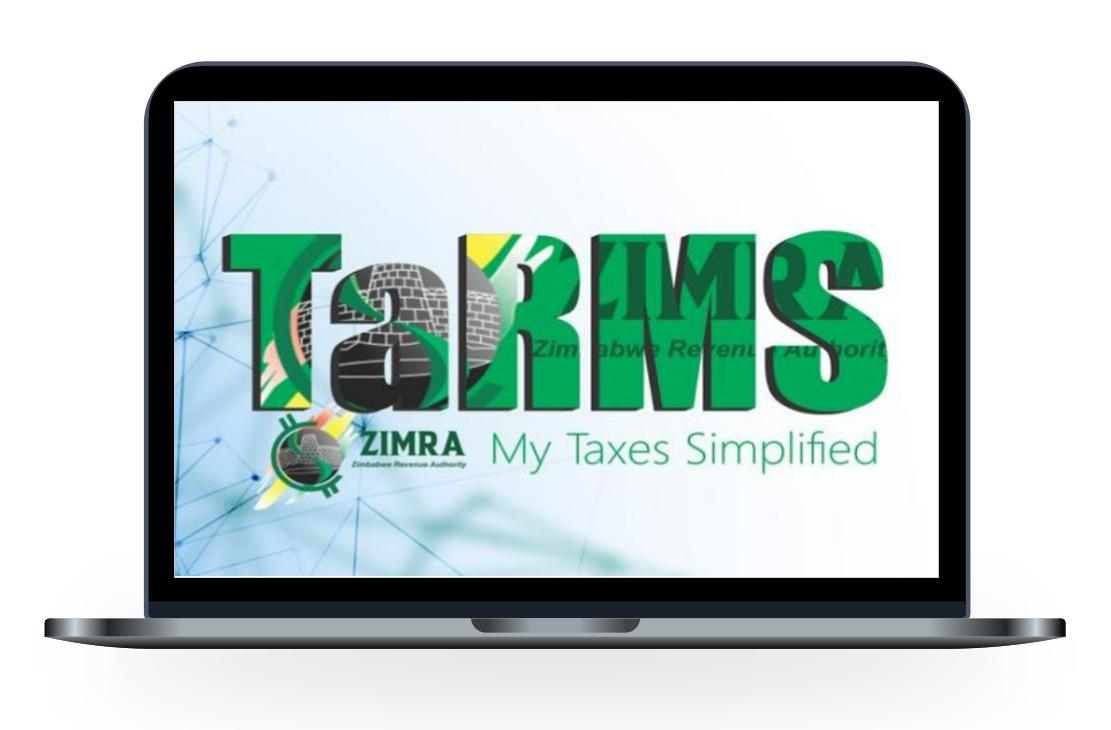We had an exclusive interview with ForgetMeNot Africa’s Chief Operating Officer, Jeremy George. We discussed the Message Optimiser (MO), the company’s flagship product. We also discussed its implementation on mobile networks in Africa and the SMS traffic the system processes. At the end of the interview, George give us his opinion on mobile solution trends in Africa especially for basic mobile phones and how he sees tech entrepreneurship in the mobile space.
We have covered the implementation of the Message Optimiser locally on the Econet network in previous article, here and here.

Kabweza: I notice you have a Zimbabwean past. And LonZim, your parent company invests primarily in Zimbabwe; does this have any bearing on FMNA’s entry into the Zim market?
George: Yes, LonZim are primarily interested in investment in Zimbabwe and the Beira corridor, launching in Zim is important, but we have had successes in other African countries before Econet. [like Nigeria (Glo), Kenya (Safaricom, Yu), and Congo Brazzaville, a network called Warid there owned by the Indian company Essar.
But the reception in Zim has been fantastic.
Kabweza: The Econet partnership in Zim, when did you start pursuing it? How long did it take before switching on?
George: We started talking to Econet Group in May 2008 and then launched that year with Econet Lesotho. We started the negotiations for the implementation in Zim about 6 months ago.
We have been developing the software now for over 6 years. We started as an alerts system for doctors and dentists etc… this was a one-way system but then we realised you needed a 2-way component so people could confirm or rebook an appointment.
This meant developing some quite clever code and we realised that no one else was doing this so we decided to find other ways to use the technology. We knew it suited emerging markets so we approached specialist investors and Lonrho came up with the goods
Kabweza: What’s the typical MO implementation? Similar to Econet? Is it implemented differently depending on mobile network operator, e.g. is cost of SMS to internet cheaper than regular SMS as is with Econet. Do some MNOs charge for receiving chats from the Internet?
George: Tech implementation is pretty straight forward. A connection to the messaging centre and configuring a short code and a range of reply numbers. It is basically the same at all networks.
In most networks the charge is less than a standard SMS. In many networks we also implement a USSD service which we hope will be coming at Econet. We have one network that charges to receive incoming chat messages, but generally they do not.
We also have some networks offering subscription services i.e. a daily, weekly or monthly charge for unlimited use of the service.
Kabweza: if it was all up to you, what would be your ideal Message Optimiser implementation?
George: we always run focus groups a few weeks after launch we select users of the service and sit down in a room with about 60 of them (in 5 different groups) and see what people like and don’t like where possible we modify the system in response to the suggestions. This would include pricing.
In terms of pricing there are 2 sides to the coin, one is that the subscribers should be charged a fair price and the other is that Econet is a commercial enterprise and need to make a profit. We actually have very little say in pricing, it is dependent on the local network.
Kabweza: And the other operators [in Zimbabwe] would you like them to use MO. Are you talking to them?
George: Yes we would like them to use MO. We have spoken to Telecel but Econet were the more responsive. We do not have n exclusive agreement with Econet.
Kabweza: Would like to know about your competition. Who are they in this specific area of bridging SMS and Internet services?
George: We are in the fortunate position of not having any real competition
Kabweza: Who are your less-than-real ones?
George: 2 way SMS to internet communication with permanent reply numbers is a pretty difficult solution to achieve. There has been some activity from Google, but they don’t have permanent reply numbers so all conversations have to be initiated from the pc and not from the mobile.
Quite a number of companies do web to SMS chat, can’t think of any right now, but that’s a pretty simple solution. The unified messaging concept that incorporates email, chat and social networking is pretty unique (on SMS).
Sort of like Nimbuzz or eBuddy for SMS. But they [Nimbuzz & eBuddy] are strictly data solutions and the problem with them is that they run you battery down as, apart from the very latest smart phones, they don’t run in the background. They also use quite a bit of data as they are constantly sending out presence packets.
Kabweza: So, what improvements will come with USSD?
George: Chat is generally a bit faster but it should be pretty quick on SMS anyway. I think the main improvement is the interface. It is more flexible than SMS.
Kabweza: Going back a bit, seeing you have a unique product, this means you guys are just getting started right? The need for an MO like product world over is there.
George: We started trading commercially as ForgetMeNot Africa in January 2009. [There are 6 networks now] and about another 12 networks due to launch this year.
Kabweza: What about how busy your servers are. How much conversation is being processed right now?
George: millions of messages [per] day. This business is about small margins and high volumes.
Kabweza: What rough percentage of that is SMS from the mobile phones?
George: 35% (approx). It differs from network to network
Kabweza: And Zim specifically?
George: We are in a registration phase in Zim and the %age is about that. It may change once people are registered and using the service. For example the WALL command generates 3 SMSs back to the phone. So if a lot of people use the WALL command and do not comment on the posts then the ratio goes down.
But even for Zim we are talking hundreds of thousands [of eTXTs per day]
Kabweza: Just curious, does FMNS have software for higher end mobile phones. Smartphones that is
George: No. 95% of phones in Africa are either not smart phones or not data connected. We focus on them. Although of course our software has some advantages over data channel solutions. I use it myself, especially for Facebook.
Kabweza: Where is the system’s hardware base?
George: Hong Kong and London. R and D HQ is in Los Angeles. [software engineering is in] LA and London.
Kabweza: The 95% basic phones you mentioned. What in your opinion is going to be the trend in Africa? There’s more connectivity and data prices are coming down albeit not so significantly. Google is also pushing for cheaper Android phones and the Chinese are starting to push out cheap internet able phones too. What do you predict for the next year to 3 years?
George: There will definitely be an increase in mobile data, as you say phones are getting cheaper and so is data, but it is still expensive. So you buy a smartphone for $100, but then you often have to pay 20 or 30 on top of that for a data package and more in some countries. Landlocked countries tend to pay more for their data so the cheap data will be concentrated on the coastal countries e.g. Kenya.
We do not see our service as a long term solution; rather it is a bridge to help people across form nothing to a data or hybrid solution.
The other problem is 3G connectivity; it is still an urban phenomenon in most of Africa and, for example, Facebook on a 2G connection, is painfully slow.
Kabweza: In terms of mobile solutions for basic phones, you think there’s space for African entrepreneurs to play there? What would be your general advice to tech startups on where they should be looking and what they should be working on?
George: That’s a tricky one. Of course African entrepreneurs should get involved in this space. They know the market best, but the problem in Africa is funding. It is very difficult to get someone to work out several hundreds of thousands of dollars on the chance that you have a decent idea.
If you have you used the eTXT please comment you opinion about it in the comments below. Also if you have some thoughts about George’s opinions above, please do leave a comment below.













Comments
7 responses
I would like to know whether this partnership helped create jobs here in Zimbabwe. If any would like to know how many. Just because these days of internet connectivity things can be done remotely in the process bringing a service to Zimbabwe but creating jobs in Los Angels or Hong Kong and that would be a very bad partnership.
We have local partners in Zimbabwe – Celsys, who have been closely involved in the implementation and support of the service. However, more importantly, the technology can be used by Zimbwean small businesses to enhance their efficiency and help – albeit in a small way – to rebuild the economy
I think you need to introduce additional features to your service. Its current state where facebook, gtalk and yahoo are the main draw cards kills goodness of the service. It would have been nice if the service was linked with other educational services, like sms internet search e.t.c My thinking after I watched your video is that you want to target the rural folk and other people without permanent internet access and it would be morally legit if you introduce services that resonate with your targeted groups.
Thanks for your suggestions. We have seen internet search by SMS elsewhere and it is a bit ‘clunky’. We have a couple of services which may be introduced in Zim. Any other suggestions for useful SMS services are very welcome.
I think that has to be good, if nothing else it is helping communication for those without the luxury of a smartphone to send and recieve email and chat messages
“after I watched your video is that you want to target the rural folk “…note that u still need to teach the rural folk about the internet for them to appreciate it. The surge in local facebook sign up after Econet introduced mobile internet to the public could be an indication that many people are who would othrwise have interest in the internet are using mobile phones with capabilities of smart phones. using nimbuzz or ebuddy could is actually removing opportunity from your service which i believe could have been very relevant if it came before 3G was introduced in Zimbabwe. But u can still be relevant in two ways 1) reduce price from 7c, because if i buy 5mb for a 1us from econet i can send txt on ebuddy for days compared to the 7c per txt frm your offer. 2) People are now using etxt for real time email/msgs alert to their mobile phones but then they loggon to opera mini to reply via fbk/gmail/yahoo.
The product is good and i think you need to innovate around it to make sure the technology doesn’t become obsolete
i have a question for you people.can a start up company partner with u people to launch added services plus what u currently offer without having to go to the mobile service providers as the case now.(i mean can a company which is not a mobile service provider use your service to serve its customers?)